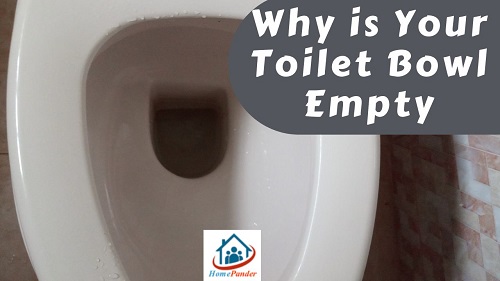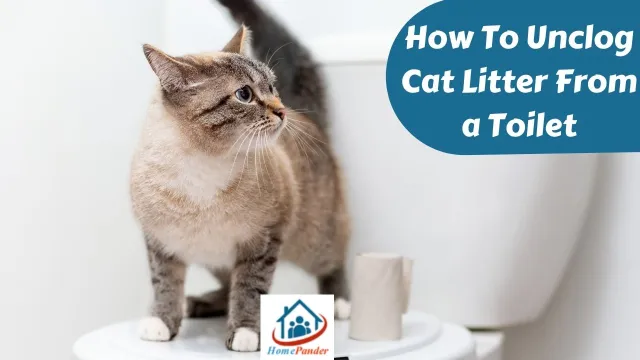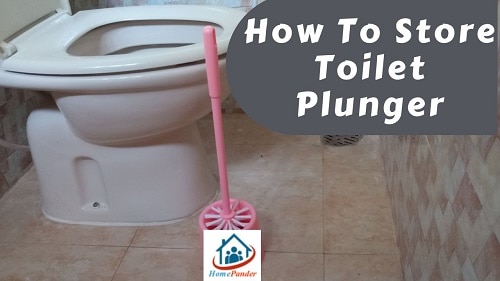Can You Use Lysol on Carpet?
Lysol can be used on carpets, but caution must be exercised. It may leave behind chemical residue and can potentially cause discoloration. Considering alternative carpet cleaning methods is recommended for safety.
Keeping carpets clean is essential for maintaining a healthy indoor environment. Carpets act as filters, trapping dust, pet dander, and other particles that can trigger allergies or respiratory issues.
Regular cleaning not only removes visible dirt but also eliminates unseen contaminants, ensuring a hygienic living or working space.
Can You Use Lysol on Carpet?
| Lysol on Carpet: Pros | Lysol on Carpet: Cons |
|---|---|
| Kills germs and bacteria | Chemical residue on carpets |
| Quick and convenient to use | Potential discoloration of carpets |
| Eliminates odors | Possible allergic reactions or sensitivities |
| Provides some level of sanitization | Not recommended for prolonged exposure to children and pets |
| Easily accessible in stores | May not be suitable for delicate or natural fiber carpets |
Understanding Lysol and Its Uses
Lysol is a well-established brand that offers a range of cleaning and disinfecting products.
It is primarily known for its effectiveness in killing germs and eliminating odors. Lysol products are commonly used on hard surfaces, such as countertops, bathroom fixtures, and kitchen appliances. However, when it comes to carpets, there are some important factors to consider.
Carpet Cleaning Methods and Products
| Carpet Cleaning Methods/Products | Pros | Cons |
|---|---|---|
| Vacuuming | Removes surface dirt and debris | May not effectively remove deep-seated stains |
| Steam Cleaning | Deep cleans and sanitizes carpets | Requires specialized equipment or professional |
| Dry Carpet Cleaning | Quick drying time | May not effectively remove heavy stains |
| Carpet Shampoo | Can effectively remove stains | May leave behind residue and require drying time |
| Baking Soda | Natural deodorizer | May not eliminate deep-set stains |
| Vinegar Solution | Natural and eco-friendly | Strong smell may linger temporarily |
| Enzyme Cleaners | Effective in removing organic stains | May not be as effective on non-organic stains |
| Professional Carpet Cleaning | Thorough deep cleaning and stain removal | Can be more expensive than DIY methods |
Before we delve into the topic of using Lysol on carpets, let’s briefly discuss the different methods and products commonly used for carpet cleaning. The two main approaches to carpet cleaning are dry cleaning and wet cleaning.
Dry cleaning involves using specialized powders or foams that are spread over the carpet and then vacuumed up, along with the dirt and stains they have absorbed.
On the other hand, wet cleaning, also known as steam cleaning or hot water extraction, utilizes water-based solutions to deep clean the carpet fibers and remove dirt, allergens, and stains.
Various carpet cleaning products are available in the market, including sprays, powders, and shampoos specifically designed for use on carpets.
These products often come with instructions on their labels, outlining their intended use and any precautions or limitations.
Can Lysol Be Used on Carpet?
The answer is no; Lysol should not be used directly on carpets.
Lysol contains various chemicals that are effective in disinfecting and sanitizing surfaces. However, when it comes to using Lysol on carpets, caution must be exercised. While Lysol can kill germs and bacteria on hard surfaces, it may not be suitable for use on carpets due to the following reasons:
Chemical Residue
Lysol can leave behind a chemical residue on carpets, which may not be safe for prolonged exposure, especially for children and pets who frequently come into contact with the carpet.
Discoloration
Some types of carpets, especially those made of delicate or natural fibers, can be sensitive to the chemicals present in Lysol. This can lead to discoloration or damage to the carpet fibers.
Allergies and Sensitivities
Lysol contains strong chemicals that can cause allergic reactions or sensitivities in some individuals. Direct contact with Lysol-treated carpets may trigger respiratory issues or skin irritations.
Risks and Considerations
Using Lysol or any other disinfectant on carpets without proper guidance can pose risks. The chemicals present in disinfectants may react with the carpet fibers, causing color changes or weakening the structural integrity of the carpet.
Additionally, if the carpet is not thoroughly rinsed after using a disinfectant, residues may remain, potentially attracting more dirt or irritating individuals with sensitivities or allergies.
To ensure the safety and longevity of your carpets, always read and follow the instructions provided by the manufacturer of the carpet and the cleaning product.
If you have any concerns or specific carpet cleaning needs, it is advisable to consult a professional carpet cleaning service.
Steps for Cleaning Carpets Safely
To clean your carpets effectively and safely, follow these step-by-step instructions:
Step 1: Prepare the Area
Clear the carpeted area of any furniture or objects that may hinder the cleaning process.
Step 2: Vacuum Thoroughly
Use a vacuum cleaner to remove loose dirt, dust, and debris from the carpet surface. Pay extra attention to high-traffic areas and areas near entrances.
Step 3: Spot Treatment
If you notice any stains or spills, treat them using appropriate carpet stain removers according to the manufacturer’s instructions.
Step 4: Choose the Right Cleaning Product
Select a carpet cleaning product specifically formulated for your carpet type and the issues you wish to address. Follow the product instructions for mixing and application.
Step 5: Test on a Small, Inconspicuous Area
Before applying the cleaning product to the entire carpet, test it on a small, hidden area to ensure it does not cause any adverse effects.
Step 6: Apply and Clean
Apply the cleaning product to the carpet, following the instructions provided.
Use a clean sponge, brush, or carpet cleaning machine to agitate the product and work it into the carpet fibers.
Step 7: Rinse Thoroughly
After the recommended dwell time, thoroughly rinse the carpet using clean water. This step is crucial to remove any remaining cleaning product residues.
Step 8: Drying
Ensure proper airflow and ventilation in the room to aid in the drying process. Use fans or open windows if necessary. Avoid walking on the carpet until it is completely dry.
Alternative Carpet Cleaning Solutions
If you are concerned about the safety of using Lysol on your carpet or want to explore alternative cleaning methods, here are a few options to consider:
Baking Soda
Sprinkling baking soda on your carpet and leaving it overnight can help absorb odors. Vacuum the baking soda the next day to remove any lingering smells.
Vinegar Solution
Mixing equal parts of white vinegar and water can create a natural carpet cleaner. Spray the solution on the carpet, let it sit for a few minutes, and then blot it with a clean cloth.
Carpet Steam Cleaning
Professional carpet steam cleaning is an effective method for deep cleaning and sanitizing carpets. Steam cleaning uses high-temperature steam to kill germs and bacteria without the use of harsh chemicals.
Tips for Cleaning Carpets
Here are some general tips to keep in mind when cleaning your carpets:
Regular Vacuuming
Vacuum your carpets at least once a week to remove dirt, dust, and debris. This helps maintain the cleanliness and prolongs the lifespan of your carpets.
Immediate Stain Treatment
Attend to spills and stains immediately to prevent them from setting into the carpet fibers. Blot the affected area with a clean cloth or use a mild carpet cleaner specifically designed for stain removal.
Deep Cleaning
Consider deep cleaning your carpets at least once or twice a year to remove embedded dirt and allergens. This can be done using a carpet cleaning machine or by hiring professional carpet cleaners.
Related Questions
Q1. Can Lysol remove pet odors from carpets?
Lysol is not specifically designed to remove pet odors from carpets. It is best to use pet-specific carpet cleaners or consult professional carpet cleaning services for effective odor removal.
Q2. Is it safe to use Lysol on area rugs?
No, it is not recommended to use Lysol directly on area rugs. Similar to carpets, it can cause discoloration or damage. Use appropriate rug cleaners or consult professionals for rug cleaning.
Q3. Can I use homemade solutions like vinegar and water to clean carpets?
Vinegar and water can be used as a natural carpet cleaner for general maintenance. However, for deep cleaning or stubborn stains, it is advisable to use specialized carpet cleaning products.
Q4. How often should I clean my carpets?
Regular vacuuming should be done at least once a week. Deep cleaning should be performed every 12 to 18 months, or more frequently if there are specific issues like heavy soiling or allergies.
Q5. Can professional carpet cleaning remove all stains?
Professional carpet cleaning can effectively remove many types of stains. However, some stubborn stains may require specialized treatments or multiple cleaning sessions for complete removal.
Conclusion
In conclusion, it is not advisable to use Lysol or any other general disinfectant directly on carpets. While Lysol products are effective for cleaning hard surfaces, they can cause damage or discoloration to carpets. Instead, opt for carpet-specific cleaning products and follow the instructions provided. If you have concerns or require extensive carpet cleaning, consider consulting a professional carpet cleaning service.
Remember, maintaining clean and fresh carpets not only enhances the aesthetic appeal of your space but also contributes to a healthier and more comfortable environment for you and your loved ones.



![How To Clean Dark Grout That Has Turned White [5 Easy Ways]](https://homepander.com/wp-content/uploads/2021/12/How-To-Clean-Dark-Grout-That-Has-Turned-White.webp)
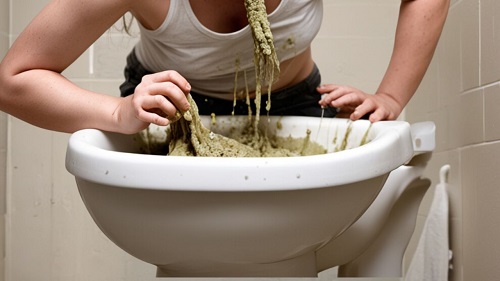

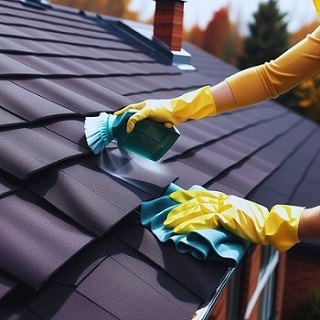





![How to Remove Crystallized Urine [Explained]](https://homepander.com/wp-content/uploads/2022/02/How-To-Remove-Crystallized-Urine.jpg)

